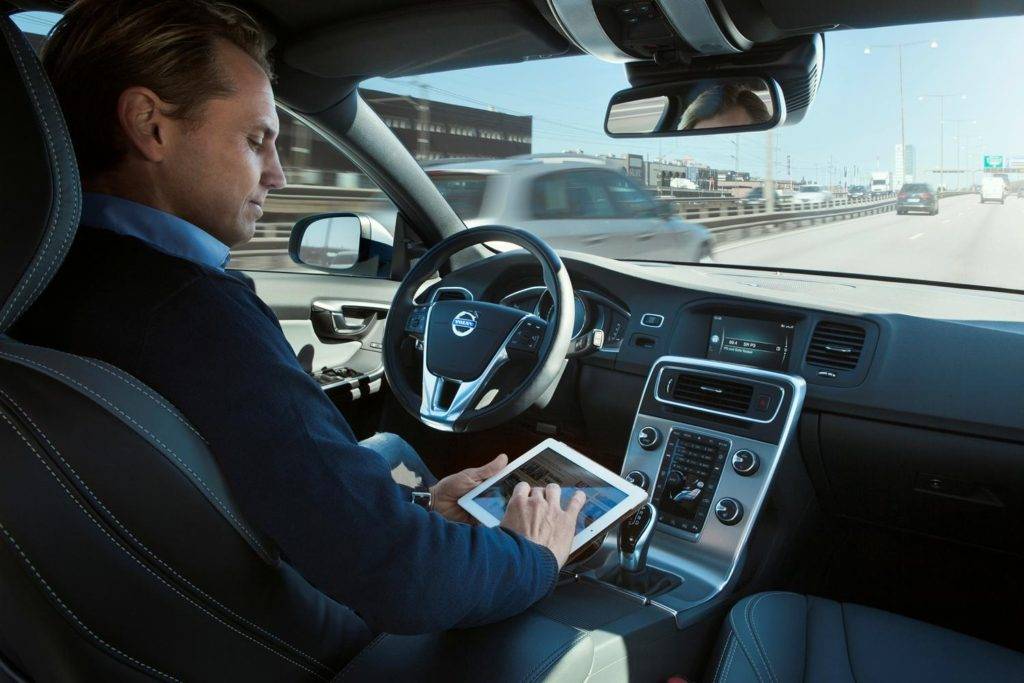Autonomous cars are set to provide a variety of benefits for people, for those that are regularly the designated driver, you may no longer have to worry about whether one beer pushes you over the legal limit.
The relaxation of drink driving may increase alcohol sales by $100 billion annually by 2025, according to financial firm Morgan Stanley. Analysts claim that the additional revenue will be from consumers having one extra standard drink per week.
See Also: NuTonomy autonomous taxi pilot gets Singapore green light
Autonomous cars aren’t the only positive for the alcohol industry, ridesharing apps like Uber, Lyft, and Didi Chixing in China are all aimed at improving mobility while reducing risk to the consumer.
“Shared and autonomous vehicle technology help address the mutual exclusivity of drinking and driving in a way that can significantly enhance the growth rate of the alcohol market and on-trade sales at restaurants,” said the research paper.
The research doesn’t point to an obvious correlation between more transport availability and more drinking, but the ability to order a cab in one tap or remotely summon an autonomous car does make the ordeal of planning a night out less daunting.
Self-driving opportunity may mean self-control is needed
Still, it may be some time before autonomous cars let drunken people take the wheel. The focus from the media and regulators on “decision making”—something I think detracts from the autonomous car debate—may lead to sanctions on the driver’s intoxication level, even if 99 percent of the time they are not in control of the car.
Fully autonomous cars are not expected to make it to market until 2020, but the systems may only be functional on private land or track to start. Some analysts even suspect driverless functionality to be decades away from use on public roads, even if it is capable of surpassing humans in the next five years.
Tesla’s Elon Musk had similar views on driverless systems, stating that regulators (and Tesla) would not bring it to market until it was ten times safer than human driving. Google has made similar commitments, stating that self-driving could reduce 94 percent of accidents on the road.


















